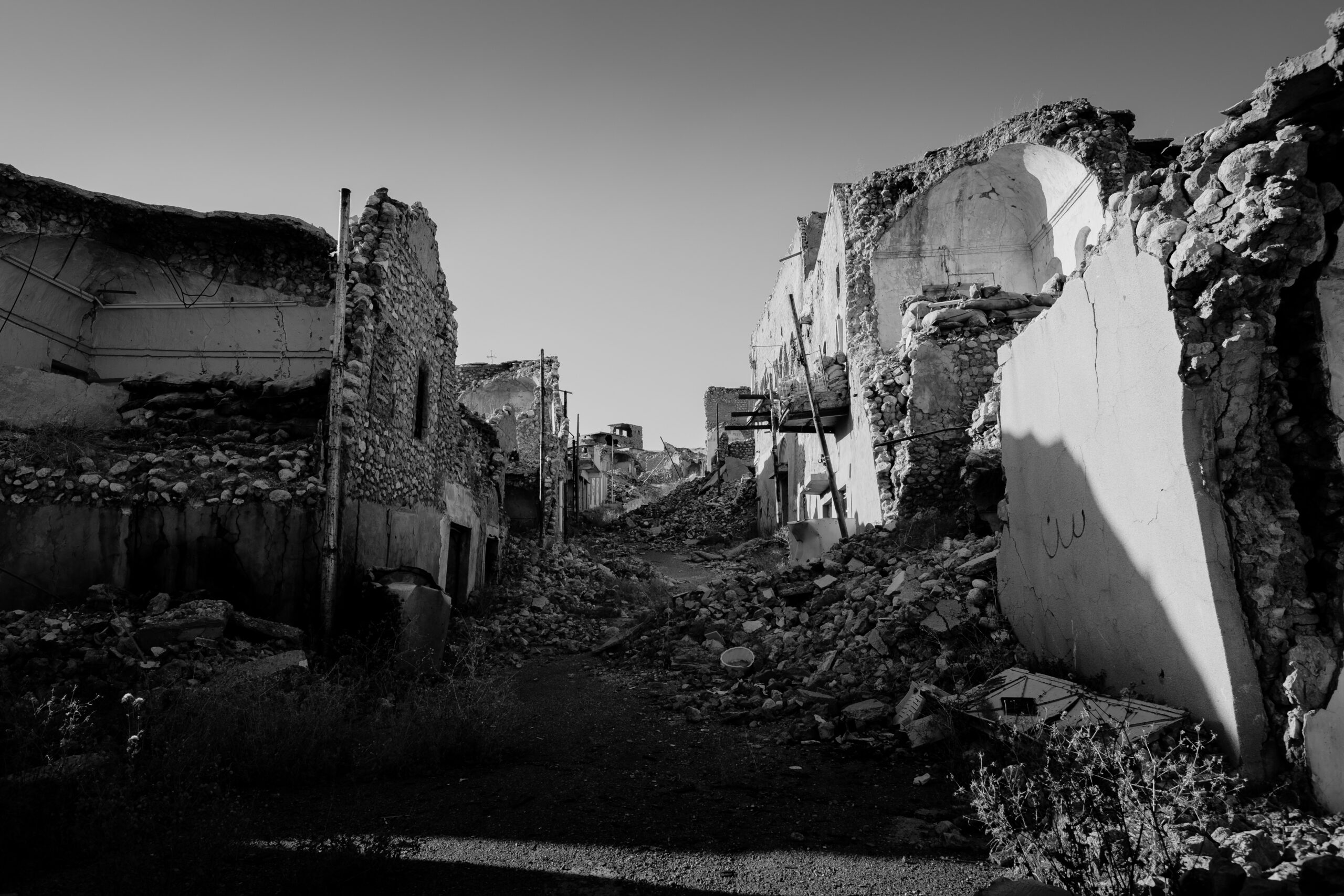Revised Experimental Educational Intervention Design

The alumni community of the lifelong education programme
I run a dialogue-based lifelong learning programme promoting self-development and social engagement in Japan. More than 200 people have participated in the programme, and many are highly motivated to learn and want to contribute to society. Because we spent time sharing sensitive inner feelings during the programme, we have a solid relationship, allowing us to discuss any topic without hesitation.
Relationship to be enhanced by the intervention
The relationship of the alumni (Japanese adults) with Palestinian victims of the current war
A few weeks ago, I heard directly from Palestinian refugees in Edinburgh about what their homeland and families are going through right now, which has pushed me to take daily actions to stop the war, such as sharing what I heard on Instagram and participating in the demonstrations. Through the intervention, I want the alumni also to take action to help Palestinian victims.
Method of intervention and assumed impact
I will share what happens in Palestine with the alumni, listen carefully to their impressions and suggest practical ways to help the victims. After this intervention, I expect them to start thinking more about how to help Palestinians and take action in their lives.
Detail of the intervention
I will organise a casual online session with five graduates. Focusing on listening will be set as a ground rule. I will ask the participants to stay polite if they want to ask questions or cut in while others talk. *In order to listen deeply to each member, I will limit the number of participants.
1. I will present what I heard directly from the Palestinian refugees in Edinburgh about the current local situation and what is happening to their families, with photos and videos which have never been broadcasted in Japanese major media.
E.g., The YouTube videos reporting the devastating effect of war on Gaza’s children
3. I will share the ways for the alumni to take action for Palestinian victims.
The readings by Osman (2017) and Murdoch et al. (2020) inspired this idea. Even though the current war is nothing but misery and great pain for the local people, it is unrealistic and not a daily topic for most Japanese people. Mr Setooka, a previous professor at Komazawa University, introduces two reasons in his interview (2020): the highly safe environment to reduce the sense of urgency to the war and the strong fear of conflict with others triggered by political talk.
In response to this situation, I will try to change the alumni’s attitude by sharing real and shocking conditions that would cause mental and physical reactions. I will also provide a safe environment where people feel their opinions will be listened to, invoking their self-confidence to take action.
—–
Osman, W. (2017, February 28). Log in – Your University Login – The University of Edinburgh. Www.ease.ed.ac.uk. https://ebookcentral.proquest.com/lib/ed/detail.action?pq-origsite=primo&docID=4500691
Murdoch, D., English, A. R., Hintz, A., & Tyson, K. (2020). Feeling Heard : Inclusive Education, Transformative Learning, and Productive Struggle. Educational Theory, 70(5), 653–679. https://doi.org/10.1111/edth.12449
SOCIO. (2020, January 21). [Why is the political discussion taboo in Japanese society?] Naze seiji no hanashi ha taboo nanoka?(in Japanese). Newscast.jp. https://newscast.jp/news/273555
The photo was taken by Levi Meir Clancy from Unsplash





